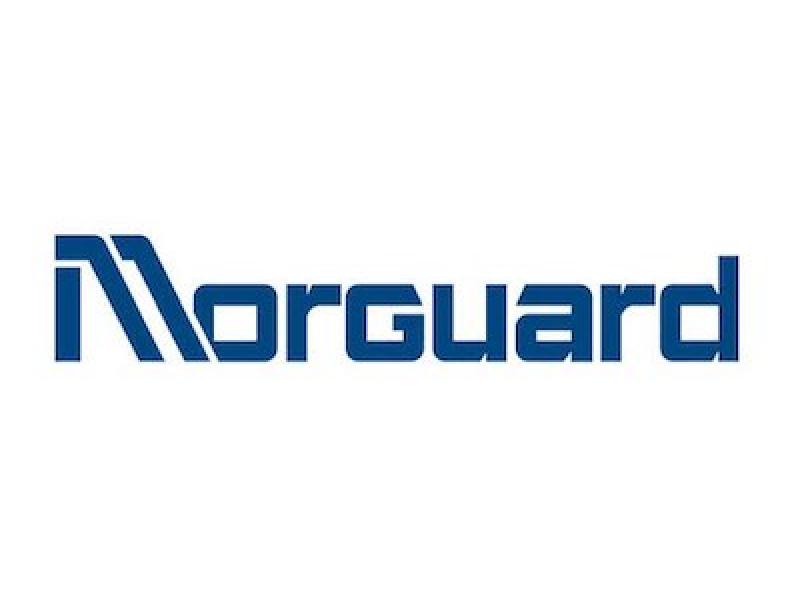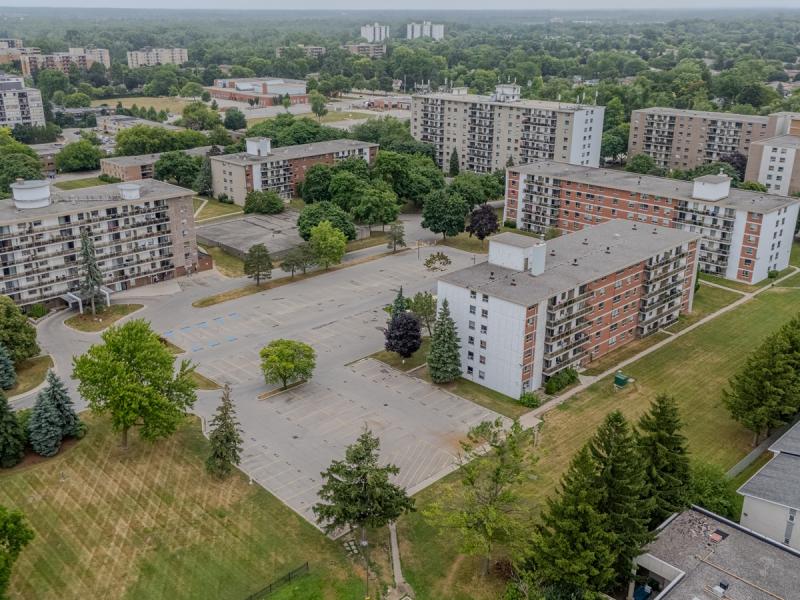
In the face of a federal government plan to re-examine the tax treatment of real estate investment trusts (REITs), and economic conditions which make it increasingly challenging to build affordable housing in major urban markets, five of Canada’s largest residential owners/operators have launched ForAffordable.ca.
Created by Canadian Apartment Properties REIT (CAPREIT), Boardwalk REIT, Killam Apartment REIT, InterRent REIT and Minto Apartment REIT, the campaign seeks to educate people about the role of REITs in providing affordable housing as well as engage with governments to try to increase the supply.
The founding members are Canada’s largest publicly traded residential rental REITs.
“Canada is experiencing the worst crisis of housing affordability and supply in a generation,” said Mark Kenney, president and CEO of CAPREIT, in the announcement.
“Put simply, there just haven’t been enough new homes built to match the country’s population growth. That is making housing less affordable for an increasing number of Canadians.
“Governments across Canada are looking for solutions to this historic challenge, but some of the discussion around solutions has been driven by misperceptions about how REITs do business.
"ForAffordable.ca aims to make sure that policymakers’ search for workable solutions is informed by facts and evidence.”
REITs and Canadian rental housing
REITs own and operate a combined portfolio of about 120,000 rental housing units across Canada. This represents about three per cent of the country’s rental market.
The REITs say more than half of the units are currently rented for less than 30 per cent of the “local median renter household income,” which qualifies them as affordable housing based on government definitions.
They also say rent increases during the past 10 years have averaged about two per cent, “in line with the government’s target rate of inflation."
The website also summarizes proposals the REITs have shared with governments to increase the supply of affordable housing, including:
- helping non-profits, co-operatives and community land trusts acquire existing properties in a way that maximizes the impact of government affordable housing dollars;
- increasing income support by expanding the Canada Housing Benefit to help more families and introducing an emergency support benefit;
- creating a national land-use standard by aligning land-use policies with national housing, infrastructure and immigration goals and investments.
The announcement says the owners are continually investing in their properties “for the health and safety” of residents, as well as sustainability initiatives.
The REITs say they’ve spent on average $30,000 per home in capital projects during the past decade.
Some examples listed on ForAffordable.ca include $20 million in energy efficiency improvements in 2021 by CAPREIT; over $12 million in investments to windows, building envelopes, LED lighting, insulation and other interior upgrades in 2021 by Boardwalk; and $8.2 million in energy efficiency initiatives by Killam in 2021.
The REITs also say they do not conduct “renovictions.” This is the practice of evicting residents in order to conduct major renovations or upgrades to a building.
Some building owners say such evictions allow them to make major upgrades to buildings which cannot be done while people are living in the structures.
Critics, however, say renovictions are tactics to oust current residents, make the renovations and/or upgrades, and then reposition the building for new tenants at higher rents.
REITs and taxation
On the taxation front, the REITS say the majority of their investor base is comprised of Canadians including “small investors’ retirement accounts.”
They note after expenses are paid, the rest of a REIT’s income is distributed to its shareholders and is subject to income tax.
Any income not distributed to the shareholders would be taxed at the highest marginal rate of 53 per cent.
The website offers access to the group’s submission to the House of Commons’ Standing Committee on Finance’s (FINA) Pre-Budget Consultations.
It also features a study conducted this fall by Ernst & Young.
The study, they say, demonstrates changing the tax treatment of REITs could impact incentives to invest in residential supply, put upward pressure on rents and could even have a negative impact on government revenues.
Current taxation laws, they say, attract investment to the affordable housing sector while generating a similar level of tax revenue for governments compared to corporations.
The announcement is signed by the heads of the five REITs; Kenney of CAPREIT, chairman and CEO Sam Kolias of Boardwalk, executive chair Mike McGahan of InterRent, president and CEO Philip Fraser of Killam, and CEO Michael Waters of Minto.










